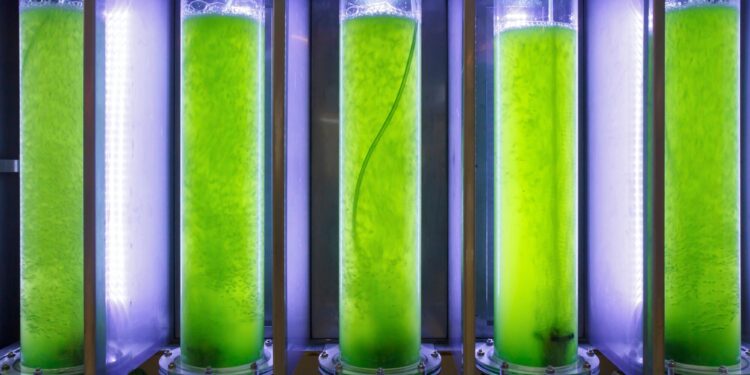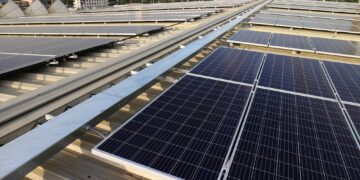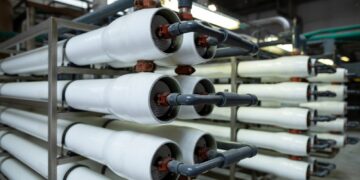Saudi Arabia’s biofuel market is set for rapid expansion, driven by national sustainability goals and global demand for renewable energy. According to the IMARC Group, the market reached USD 895.77 million in 2024 and is projected to grow to USD 2,498.01 million by 2033, with an expected annual growth rate of 10.8% between 2025 and 2033.
Key factors fueling this growth include the Kingdom’s Vision 2030, which emphasizes reducing reliance on fossil fuels and investing in sustainable energy sources. Initiatives such as the Saudi Green Initiative and ongoing research into alternative feedstocks like algae and agricultural waste are central to these efforts. The government is actively supporting projects that turn waste into biofuels, helping to diversify the energy mix and lower overall oil consumption.
There is also a rising focus on sustainable aviation fuel, as the aviation industry seeks to reduce emissions. Saudi Arabia is exploring partnerships with global companies to produce bio-based jet fuel, leveraging its strategic location as a major transit hub. Investments in biorefineries and supply chains are laying the groundwork for a robust market.
Advancements in research are enabling the use of non-food crops such as jatropha and algae, which thrive in arid conditions and do not compete with food production. Institutions like King Abdullah University of Science and Technology are leading studies to improve the efficiency and scalability of these feedstocks.
Algae-based biofuels are emerging as a promising technology due to their high yield and minimal land requirements. Pilot projects, supported by the Ministry of Environment, Water and Agriculture, are exploring the use of wastewater for algae cultivation, offering both environmental and economic benefits.
The adoption of circular economy practices is another significant trend. Saudi Arabia is converting agricultural and municipal waste into biofuels, reducing landfill use and supporting urban sustainability, particularly in cities like Riyadh. These efforts align with Vision 2030’s focus on resource efficiency and environmental stewardship.
Public-private partnerships are accelerating market development by combining resources and expertise. Agreements with international energy firms, such as Neutral Fuels, are advancing local production of biodiesel from waste oils and facilitating technology transfer. These collaborations also support policy development and encourage private investment.
Looking ahead, Saudi Arabia’s biofuel sector is poised for significant growth, supported by government initiatives, innovation in feedstocks, and international partnerships. While challenges remain, such as high initial costs and feedstock scalability, ongoing investment and collaboration are expected to strengthen the Kingdom’s position as a regional leader in renewable energy.









